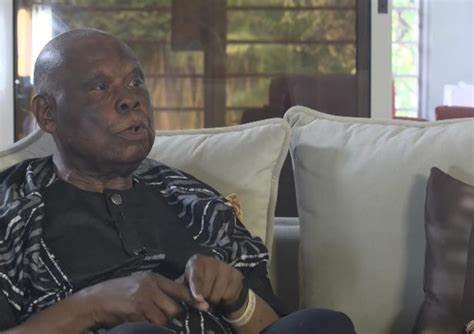The legal battle over the estate of the late former CEO of Access Holdings, Herbert Wigwe, has moved to the Court of Appeal following the Lagos State
The legal battle over the estate of the late former CEO of Access Holdings, Herbert Wigwe, has moved to the Court of Appeal following the Lagos State High Court’s dismissal of an application for interim reliefs.
Herbert Wigwe’s 90-year-old father, Pastor Shyngle Wigwe, is in court over his grandchildren’s guardianship and management of properties belonging to his late son.
Pastor Shyngle’s application to appoint interim administrators/guardians in Herbert’s estate was dismissed by Justice A.O. Adeyemi of the Lagos State High Court Family/Probate Court in Ikeja on February 6, 2025.
The senior Wigwe sought an order to be appointed as interim administrator of Wigwe’s estate, alongside Otutochi Wigwe (Herbert Wigwe’s daughter) Uche Wigwe (Herbert’s cousin) and two professionals, Zee’s Trust Company and Pricewaterhouse Coopers Limited.
He also sought an order to place Wigwe’s minor children under joint guardianship, which will allow him oversee their welfare.
Justice Adeyemi ruled against his submissions, saying he was not entitled to the reliefs sought.
The court also found that the claims raised by the applicants (Shyngle Wigwe and co) were essentially the same as those raised in a substantive suit.
Additionally, the court referenced an existing judgement which had already appointed Otutochi (Herbert’s daughter) as the legal guardian of the deceased’s minor children.
After Pastor Shyngle Wigwe’s application was dismissed by the Lagos State High Court on Feb. 6, a notice of appeal was reportedly filed and dated on February 13, 2025.
The appellants (Pastor Shyngle Wigwe and co) argue that the court failed to distinguish between interim reliefs—meant to preserve the estate and provide for dependents—and the final reliefs determining the distribution of assets.
They cite Section 24 of the Administration of Estate Law of Lagos State, 2015, which empowers courts to appoint interim administrators where necessary.
They maintain that their request merely sought to include them as co-guardians rather than overturn the existing order.
